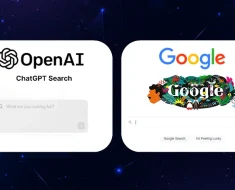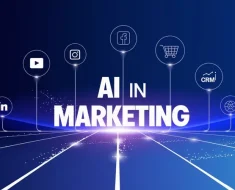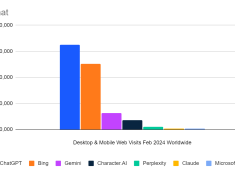Explore the Transformation of Healthcare Analytics with ChatGPT and Generative AI
In this age of technological marvels, AI in healthcare emerges as a leading force, revolutionizing our approach to health management. Far from being mere jargon, it represents a transformative movement poised to reshape our health strategies. So, what does this mean for us? Join us as we delve into the world of AI and its implications for our well-being!
AI in Healthcare Revealed: What It Means for You


You might have heard about AI, but what is it really? Imagine a smart assistant, like a super-efficient nurse, who never sleeps, always learns, and is always there to help. That’s AI in healthcare for you! It’s not about robots performing surgeries (not yet, anyway); it’s about smarter ways to analyze data, make decisions, and improve care. And the best part? It’s all happening right now.
Seeing is Believing: AI In Healthcare in Action!


So, how does this tech wizardry work in real life? Picture this: ChatGPT, an AI tool, helps doctors sift through mountains of data to find the best treatment for a patient. It’s like having a medical detective on your team, finding clues and solving health mysteries faster than ever. This isn’t sci-fi; it’s real, and it’s making healthcare smarter, quicker, and more personalized.
Unlocking New Possibilities: The Perks of AI in Healthcare


The advantages? They’re huge! AI means fewer errors, as it remembers and processes more information than any human can. It’s like having a super-computer in your healthcare team. Plus, it saves time and money, making healthcare more accessible for everyone. And the best part? It’s tailor-made care – treatments designed specifically for you, thanks to AI’s smart analysis.
Busting Myths: Understanding AI In Healthcare Realities
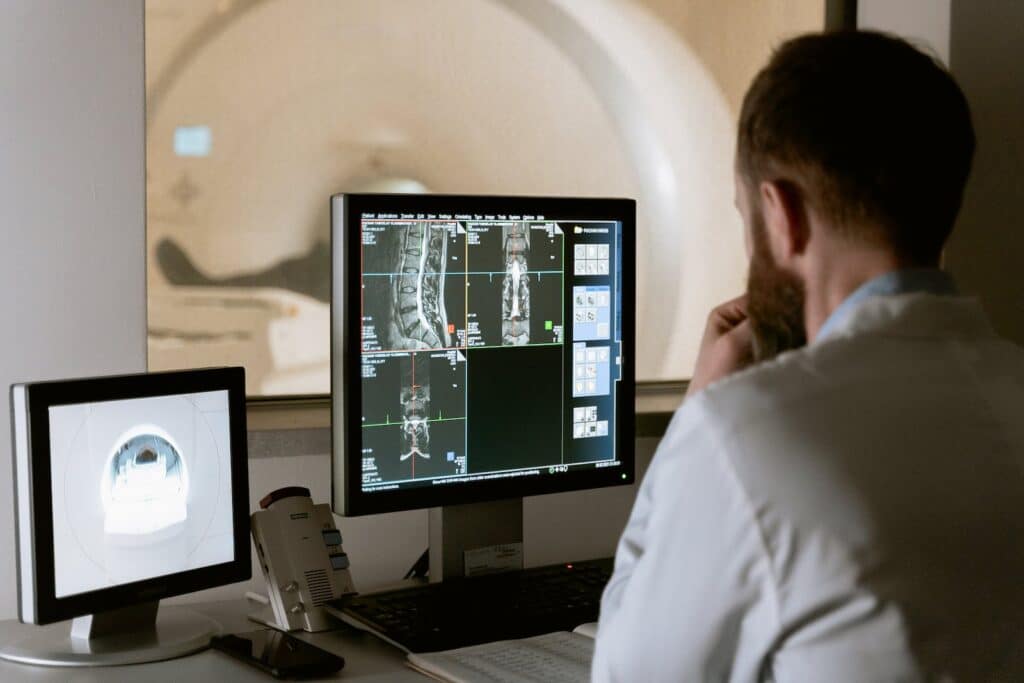

But wait, isn’t AI risky? Will it replace doctors? Let’s set the record straight. AI is a tool, not a replacement for human care. It’s here to help, not take over. Concerns about privacy and safety are valid, but with the right safeguards, AI can be a secure and invaluable asset in healthcare.
Tackling the Concerns Head-On


When it comes to AI, there are always questions about ethics and job security. Ethically, AI is programmed to respect patient confidentiality and make unbiased decisions based on data. As for jobs, AI is creating new roles in data analysis, tech support, and AI maintenance, evolving the healthcare workforce in exciting ways.
The Human Touch in AI
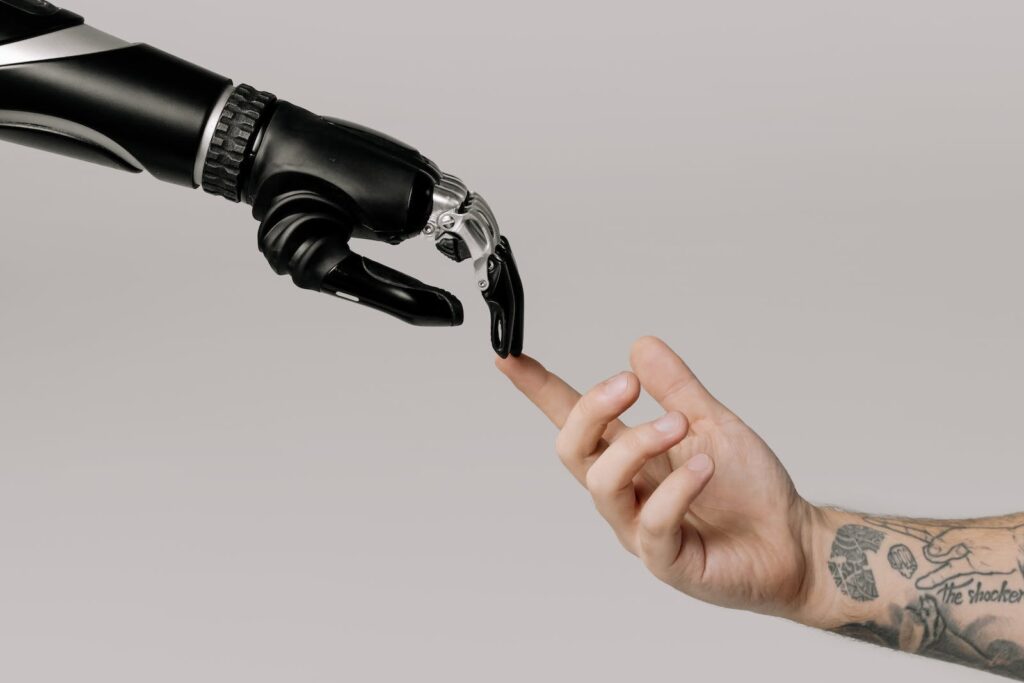

Remember, AI doesn’t work alone; it works hand-in-hand with healthcare professionals. Doctors and nurses provide the compassion and understanding that AI can’t. Together, they form a powerful team that offers the best of both worlds – human empathy and AI efficiency.
Tomorrow’s Healthcare Today: AI’s Bright Future


The future looks bright with AI. We’re talking about early disease detection, AI-powered health apps, and even smarter ways to manage health records. Experts are excited, and you should be too. AI isn’t just changing healthcare; it’s revolutionizing it. The possibilities are endless, and the future is now!
Emerging Trends to Watch


In the near future, we might see AI integrating more deeply with wearable tech, providing real-time health monitoring and advice. Imagine your smartwatch not just tracking your steps, but also giving health tips based on your personal data!
Preparing for an AI-Driven Healthcare Era
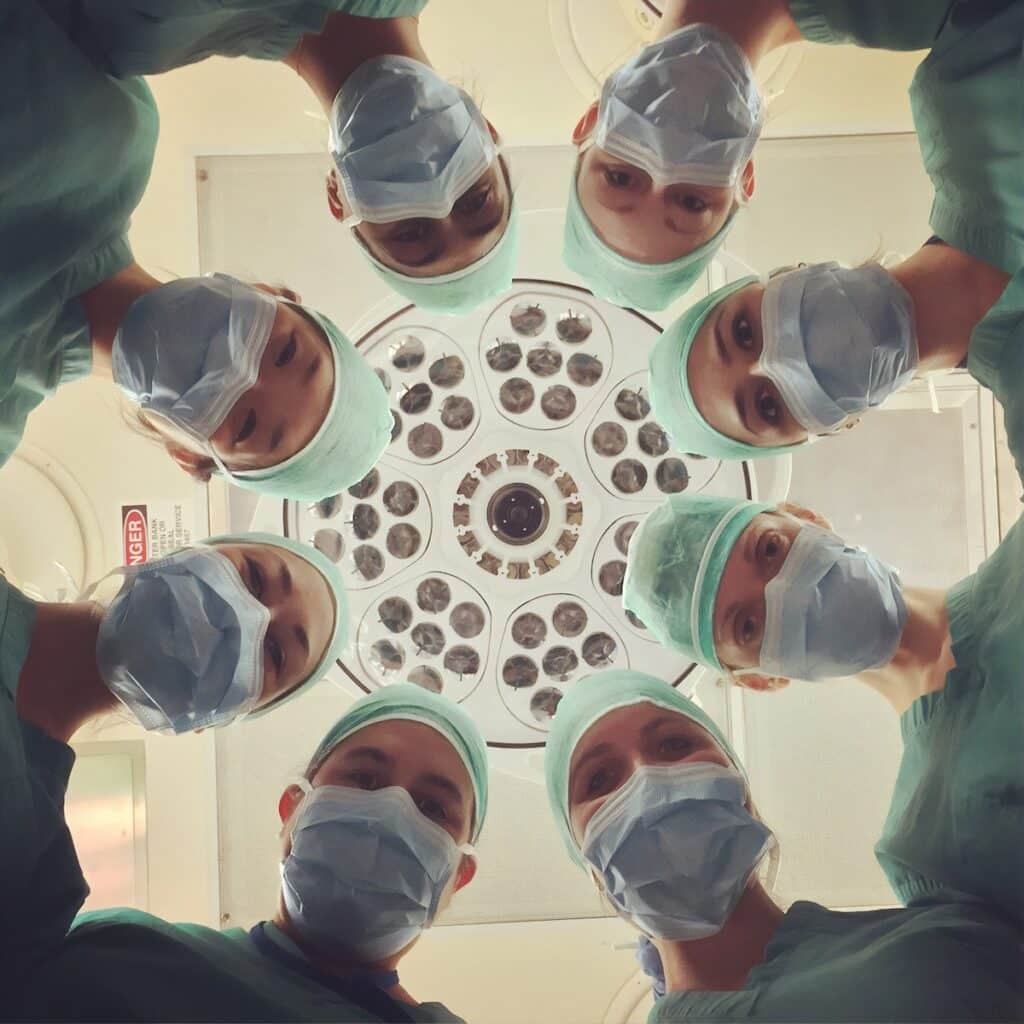

As we move towards an AI-driven healthcare era, it’s important for both patients and professionals to stay informed and adaptable. Embracing these changes can lead to more efficient, effective, and personalized care.
Conclusion
AI in healthcare is more than just a trend; it’s a game-changer. It’s about taking the best of technology and using it to make healthcare better, safer, and more accessible for everyone. As we stand on the brink of this new era, let’s embrace the change with open minds and hopeful hearts. The future of healthcare is here, and it’s powered by AI!
Disclaimer: The Author acknowledges that AI technology may have been utilized in generating the content of this site. However, the Author assumes no responsibility or liability for any errors or omissions in the content. The information provided on this site is intended to be informative and helpful, but it is provided on an “as is” basis with no guarantees of completeness, accuracy, usefulness, or timeliness. This article is intended for informational purposes only. The content is not intended to be a substitute for professional medical advice, diagnosis, or treatment. Always seek the advice of your physician or other qualified health provider with any questions you may have regarding a medical condition. Visit our website disclaimer page as a reference.
